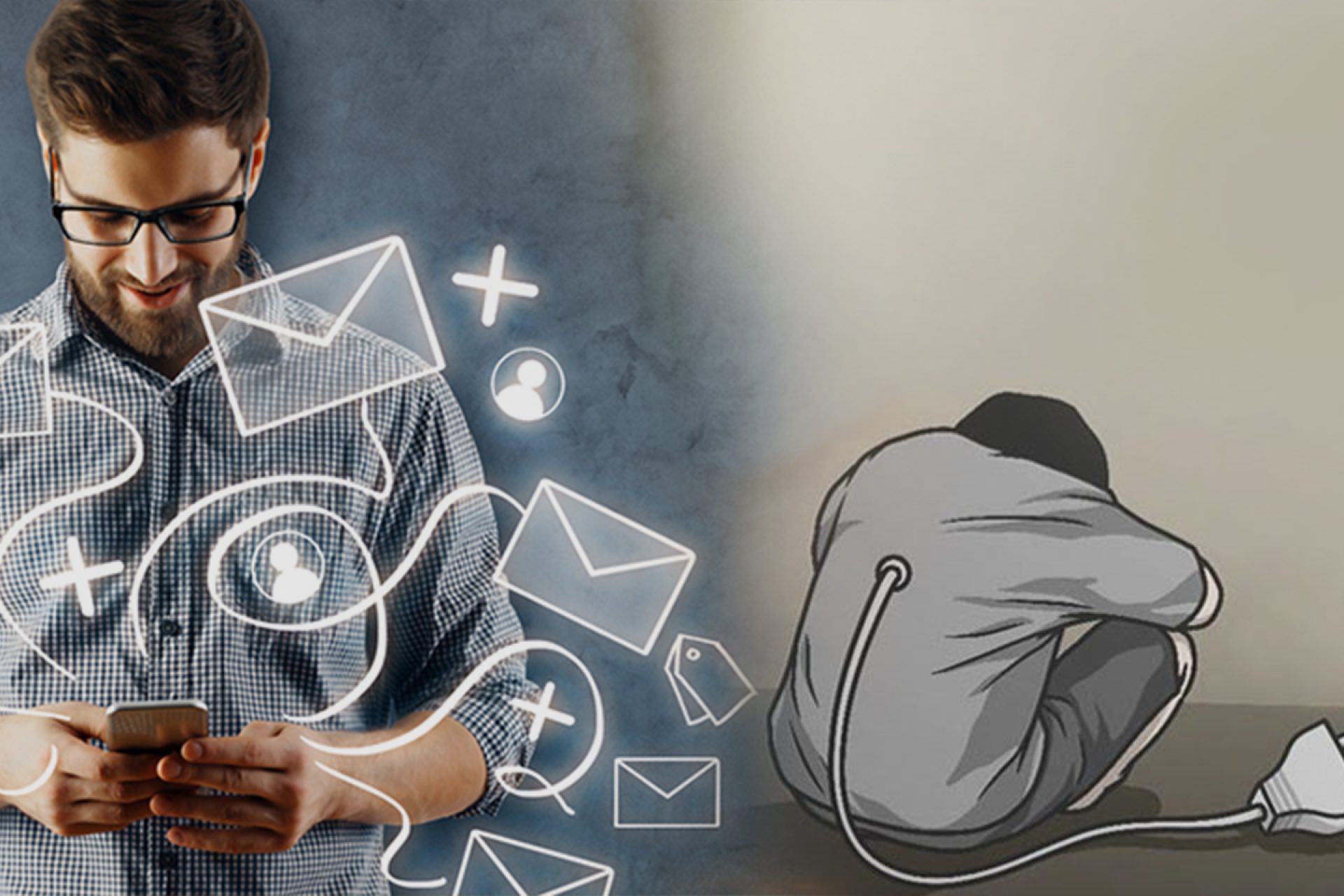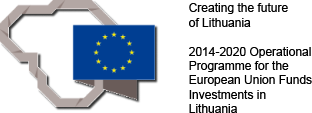Are You Truly Free and Independent from Technology?
Have you noticed how much time you spend browsing social media? Perhaps your morning starts with Instagram stories, and your evening ends with endless TikTok scrolling? If you feel unable to resist the urge to check notifications even while eating or talking with loved ones, you might be facing a serious issue—addiction to social media. This is not just a waste of time; it’s a health disorder that quietly undermines your physical and mental well-being, and sometimes even your relationships. In this article, we will uncover the dangers of social media addiction, back them up with scientific research, and offer practical ways to break free. If you or someone close to you recognizes this situation, it’s time to take it seriously—your health deserves help. Are you ready to take the first step?
What Is Social Media Addiction? A New Health Disorder
Social media addiction is a behavioral disorder where an individual cannot control their urge to use social media, even when it harms their physical, emotional, or social well-being. In 2023, the World Health Organization (WHO) officially recognized this addiction as a health disorder, equating it to other behavioral addictions, such as gambling or gaming mania. Psychologists note that social media is designed to exploit our brain’s reward system: every “like,” comment, or new notification triggers the release of dopamine—the happiness hormone—which creates a sense of pleasure and a desire to repeat the action.
This addiction is particularly dangerous for young people: a 2024 study in the *Journal of Adolescent Health* found that teenagers spending more than 4 hours a day on social media are 60% more likely to experience anxiety, depression, and sleep disorders. Adults are not immune either—constant digital noise disrupts focus, increases stress, and even weakens real-life relationships. Social media addiction is not just a “bad habit”—it’s a health crisis that needs to be addressed, often requiring professional help for those affected.
How Do Social Media Affect Your Health? Dangers and Threats
Social media addiction has a devastating impact on both physical and mental health. First, it disrupts sleep—blue light from screens suppresses melatonin production, the sleep hormone, while the constant urge to “check one more time” delays rest. A 2023 study in *Sleep Medicine Reviews* revealed that people spending at least 30 minutes on social media before bed are 45% more likely to suffer from insomnia, which over time increases the risk of heart disease and obesity.
The threat to mental health is even greater. Social media fosters constant self-comparison—idealized images and “perfect” lives create feelings of inadequacy. A 2024 study in *Cyberpsychology, Behavior, and Social Networking* showed that intensive social media use increases the likelihood of depression symptoms by 50%, especially among women. Additionally, the constant influx of information overwhelms the brain, causing “digital burnout”—a state of chronic fatigue, inability to concentrate, and even physical symptoms like headaches or eye strain.
Social media also damages relationships. A person addicted to screens often neglects real-life interactions, leading to conflicts with loved ones. A 2023 study in *Journal of Social and Personal Relationships* found that couples where one partner spends excessive time on social media are 35% more likely to experience relationship issues, including breakups. This addiction is like a silent thief, stealing your time, health, and connections. Is it really worth paying such a price?
Practical Tools: How to Break Free from Social Media Addiction?
Social media addiction is a serious challenge, but it can be overcome if you’re ready to take action. Here are some practical ways to regain control:
1. Digital Detox Start with a digital detox—set specific hours or days when you completely avoid social media. For example, turn off your phone after 8 PM or dedicate Sundays as screen-free days. A 2022 *Digital Health* study showed that a weekly 24-hour detox reduced anxiety by 30% among participants over 4 weeks, also improving their sleep and concentration.
2. Biopatternized Products and Radionics Support Subtle energy methods can also help restore emotional balance and reduce addiction. Biopatternized products, such as essences or biotags, created using radionics principles, can harmonize your energy field, aiding in overcoming the urge to constantly check your screen. For example, the essence “Pulse of Calm” can soothe an overtaxed mind, while the biotag “Digital Balance” is designed to restore inner harmony, reducing the impact of digital noise. You can also consult a radionics specialist, who, using biopatterns, can balance your energy field and strengthen your willpower to resist addiction. These methods offer a gentle yet effective way to regain control.
3. Mindfulness Meditation Mindfulness meditation helps recognize the urge to check social media and consciously resist it. Sit in a quiet place, close your eyes, and focus on your breathing for 5 minutes. When the desire to grab your phone arises, notice the impulse but don’t act on it—simply continue breathing. A 2023 *Mindfulness* study revealed that 10 minutes of daily meditation reduced impulsive social media use by 25% among participants over 6 weeks.
4. Time-Limiting Apps Use apps like “Forest” or “Focus@Will” to restrict time spent on social media. Set a limit, such as 30 minutes a day, and observe how your habits change. These apps not only help control time but also encourage productivity—perhaps you’ll find time for a new hobby or quality interaction with loved ones.
5. Professional Help If you feel the addiction is too strong, don’t hesitate to seek help. Psychotherapists specializing in behavioral addictions can offer Cognitive Behavioral Therapy (CBT) sessions to change harmful habits. Consider support groups where you can share experiences with others facing similar issues. Additionally, you can consult a radionics specialist who will perform an energy analysis, identify the roots of addiction, and help harmonize them using subtle energy methods like biopatterns or vibration balancing. Your health is worth the effort—take this step and let professionals help you regain balance.
Scientific Context: The Impact of Addiction on the Brain and Body
Scientific research reveals why social media addiction is so dangerous. Brain scan studies show that intensive social media use activates the same brain region—the nucleus accumbens—responsible for the reward system, which is also triggered by drugs or alcohol. A 2023 *NeuroImage* study found that individuals addicted to social media exhibit increased dopamine release, but over time, their brains become less sensitive to natural rewards, such as socializing or enjoying nature, making them increasingly dependent on screens.
Stress hormone levels are also concerning. Constant social media use increases cortisol—the stress hormone—leading to chronic stress, a weakened immune system, and even contributing to heart disease. A 2024 *Psychoneuroendocrinology* study determined that people spending more than 3 hours a day on social media have a 40% higher cortisol level compared to those limiting their time to 1 hour. Additionally, addiction disrupts the prefrontal cortex, responsible for self-control, making it increasingly difficult to resist the urge to grab a phone.
The physical impact is also evident: prolonged sitting in front of screens causes neck and back pain, and a 2023 *Journal of Physical Therapy Science* study showed that 65% of people addicted to social media suffer from “text neck syndrome”—a posture disorder that can lead to chronic pain over time. These findings prompt reflection: how much longer will you allow screens to harm your health?
Your Health Is in Your Hands. Is It Time to Seek Help?
Social media can be useful, but when it turns into an addiction, it steals your time, health, and real connections. Constant scrolling on a screen is not just a habit—it’s a health disorder that leaves a mark on your brain, body, and life. Do you notice that social media takes more than it gives? Perhaps you feel unable to stop, even when it harms your sleep, relationships, or well-being? If so, it’s time to pause and rethink your habits—your health is worth it.
Start with small steps: a digital detox, meditation, or biopatternized products to restore balance. If you find it difficult on your own, don’t hesitate to seek help—radionics specialists, psychotherapists, or support groups are ready to assist you. Your screen doesn’t have to become a prison—you have the power to reclaim your life. Are you ready to take this step?
Sources and Recommended Literature
- 2023 World Health Organization (WHO) report on behavioral addictions.
- 2024 *Journal of Adolescent Health*: Study on the impact of social media on teenage mental health.
- 2023 *Sleep Medicine Reviews*: Effects of blue light on sleep.
- 2024 *Cyberpsychology, Behavior, and Social Networking*: Impact of social media on depression.
- 2023 *Journal of Social and Personal Relationships*: Influence of social media on relationships.
- 2022 *Digital Health*: Impact of digital detox on anxiety.
- 2023 *Mindfulness*: Effect of meditation on impulsive behavior.
- 2023 *NeuroImage*: Impact of social media on the brain’s reward system.
- 2024 *Psychoneuroendocrinology*: Cortisol level changes due to social media.
- 2023 *Journal of Physical Therapy Science*: Study on text neck syndrome.
- Newport, C. (2019). *Digital Minimalism: Choosing a Focused Life in a Noisy World*.
- Alter, A. (2017). *Irresistible: The Rise of Addictive Technology and the Business of Keeping Us Hooked*.
- Twenge, J. M. (2017). *iGen: Why Today’s Super-Connected Kids Are Growing Up Less Rebellious, More Tolerant, Less Happy*.
- Harris, T. (2023). *Your Attention, Your Life: Reclaiming Focus in the Age of Distraction*.




